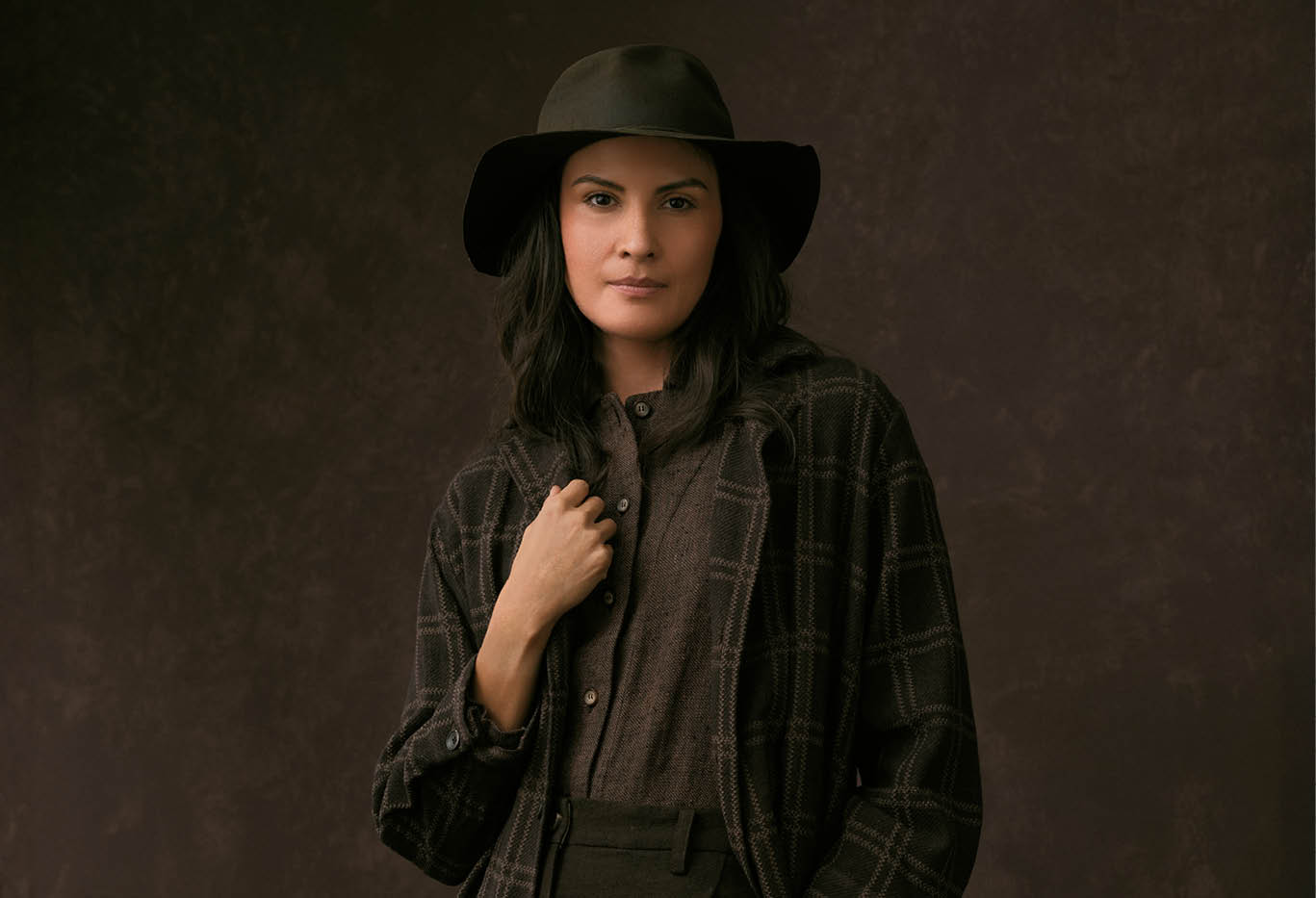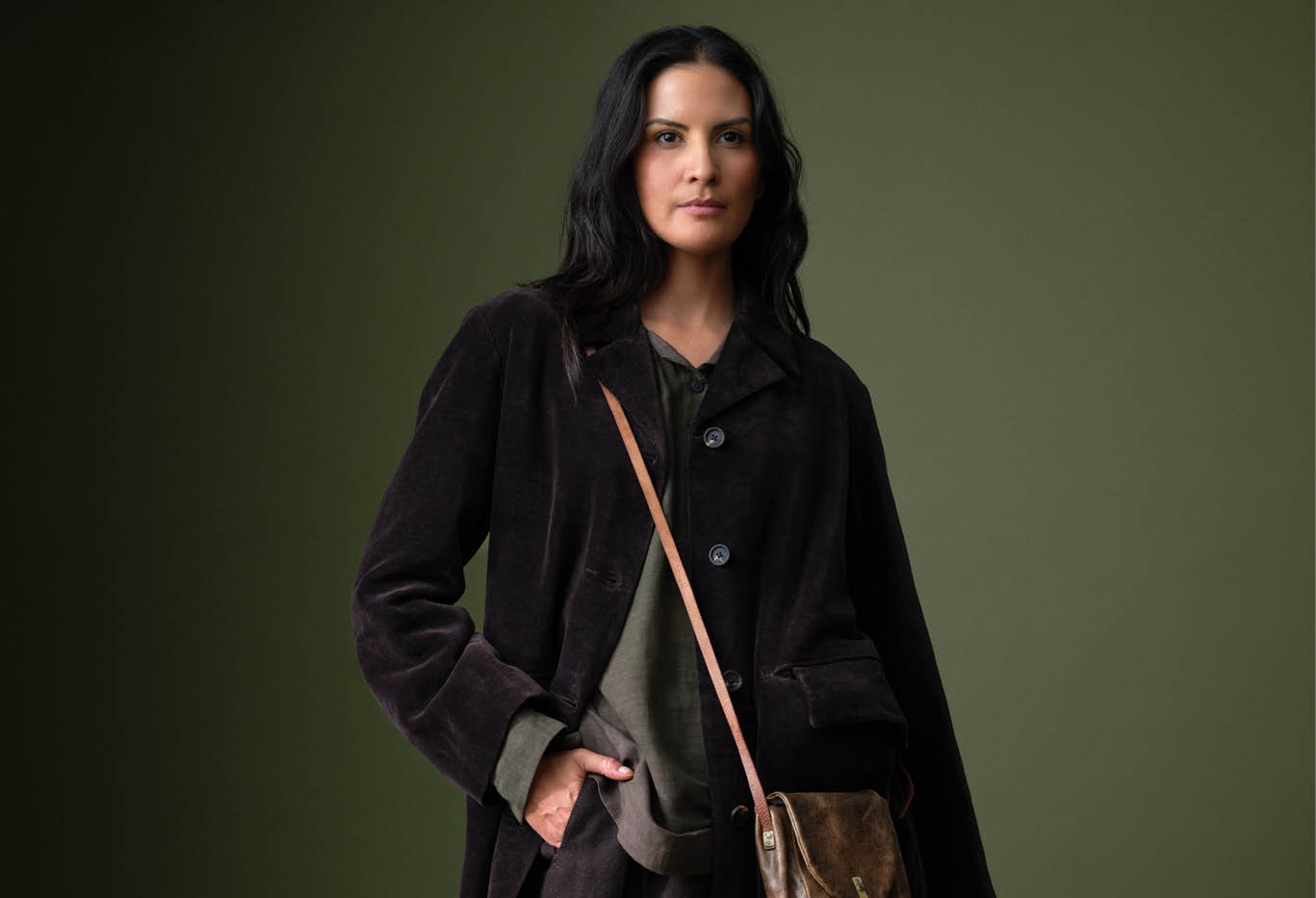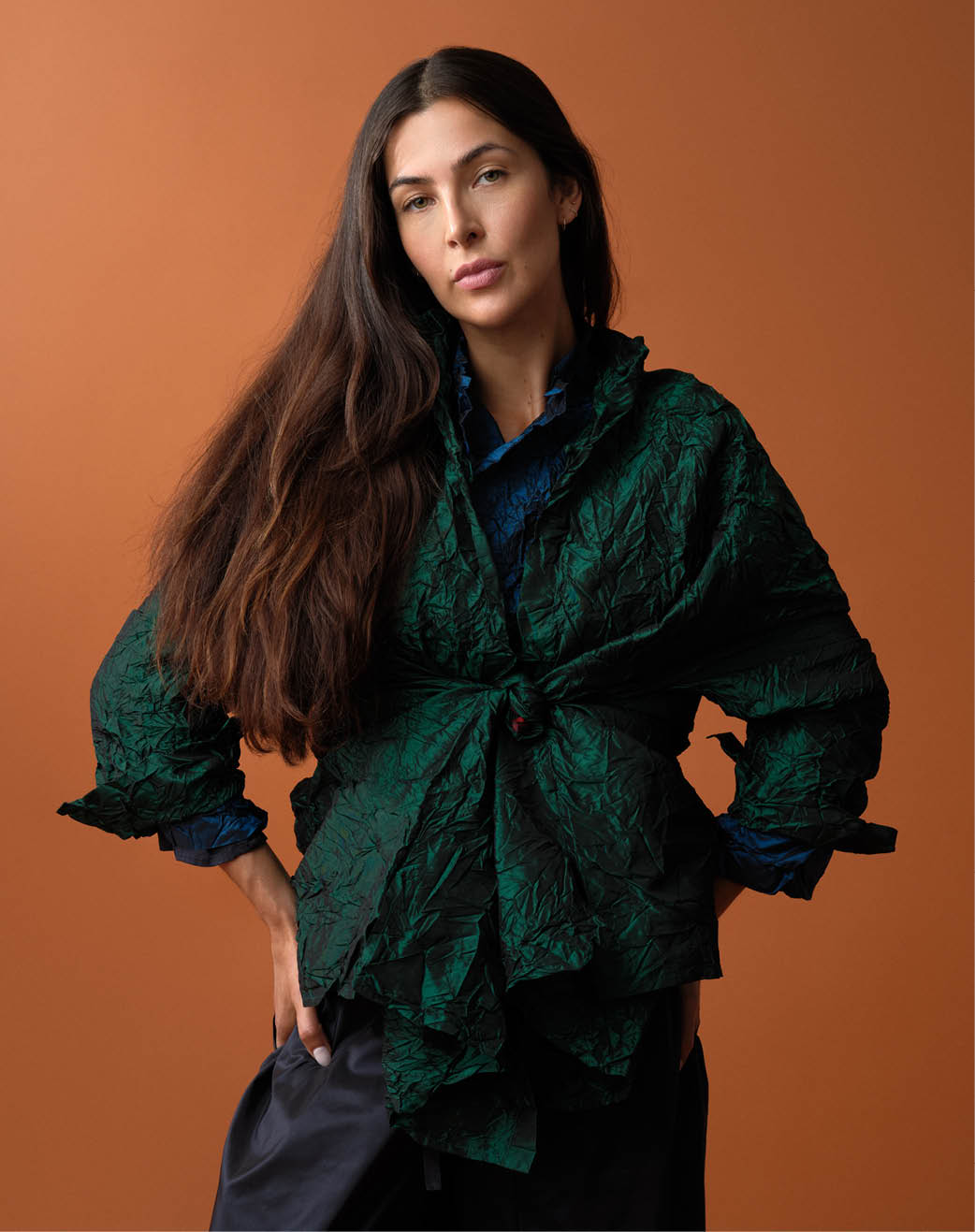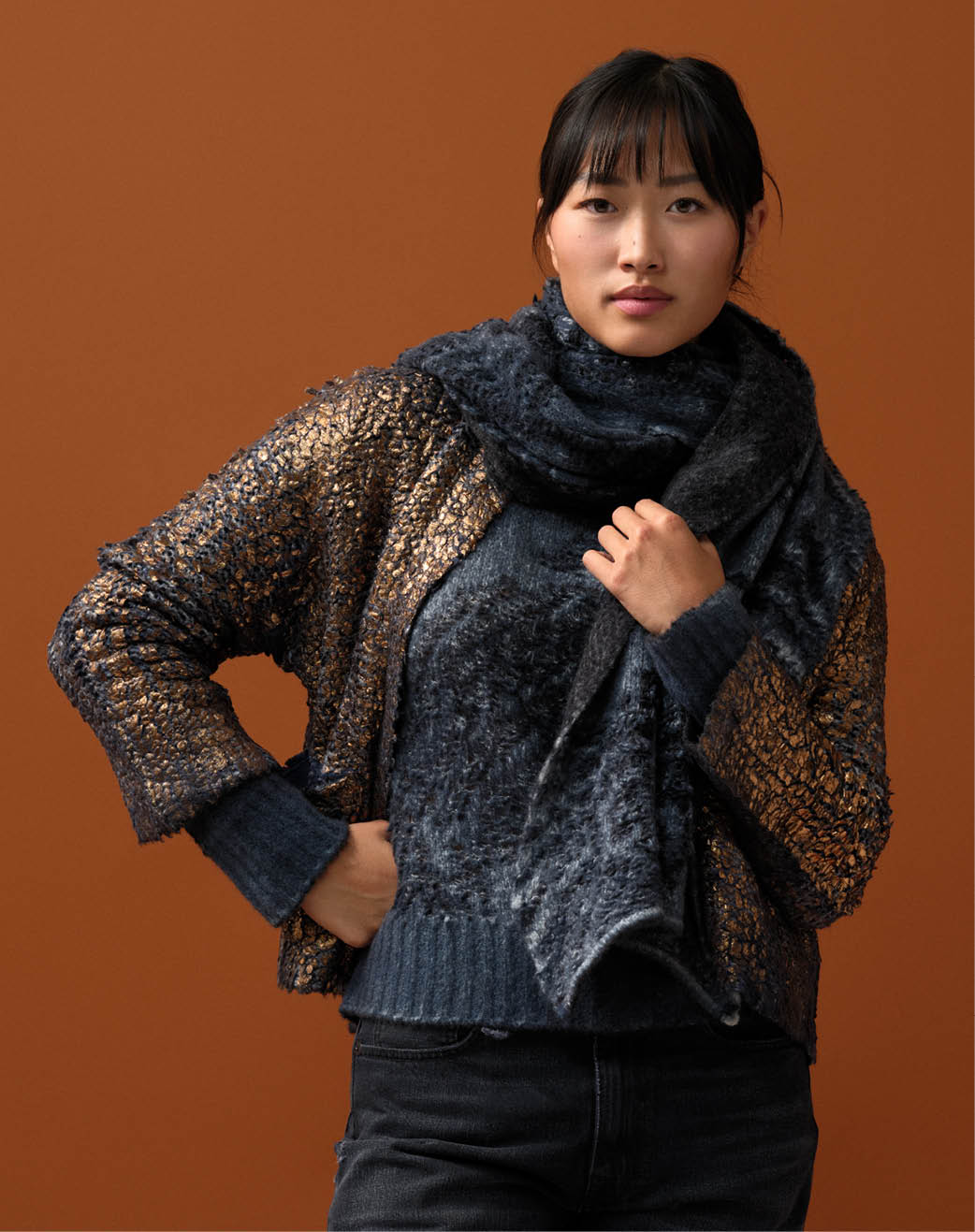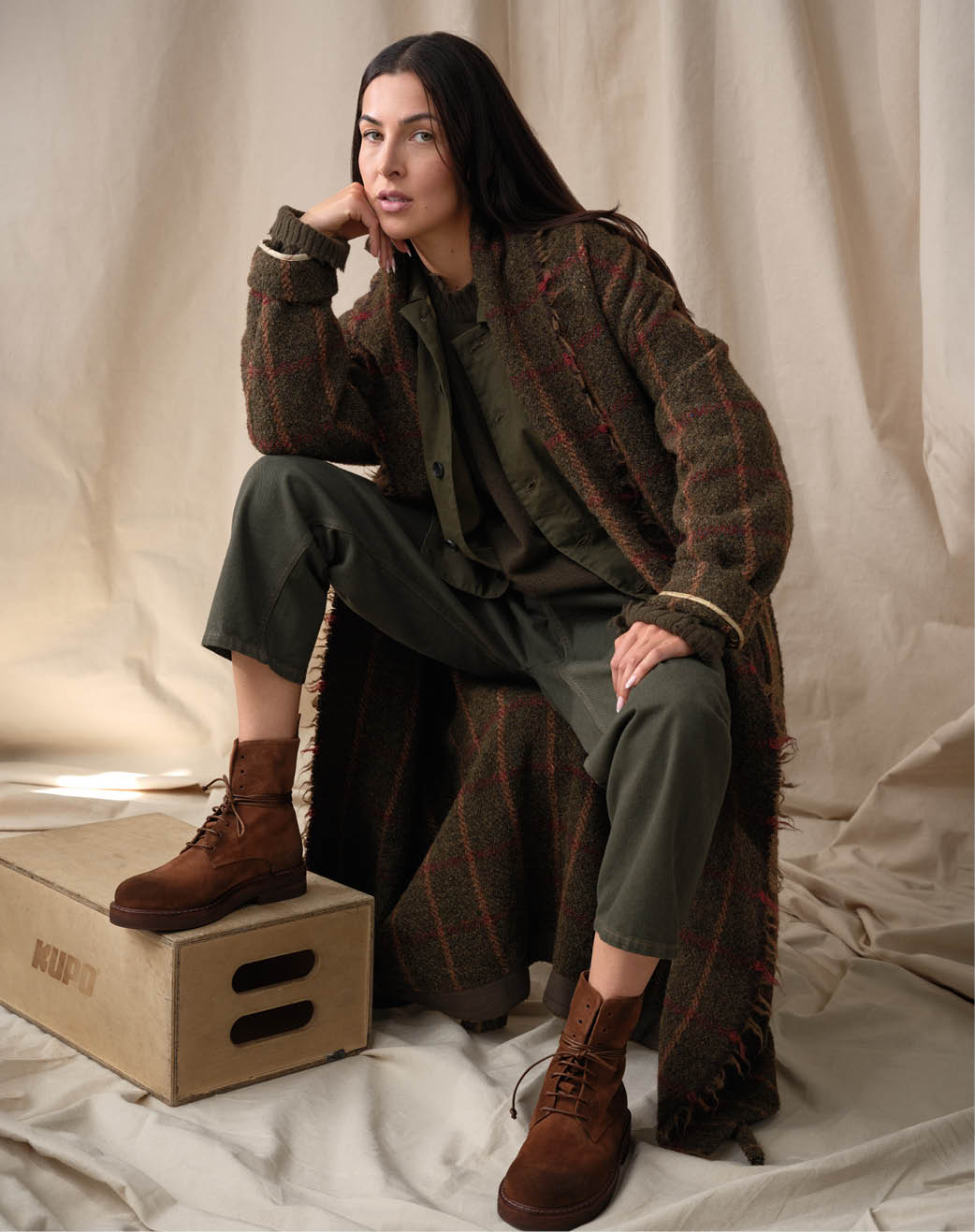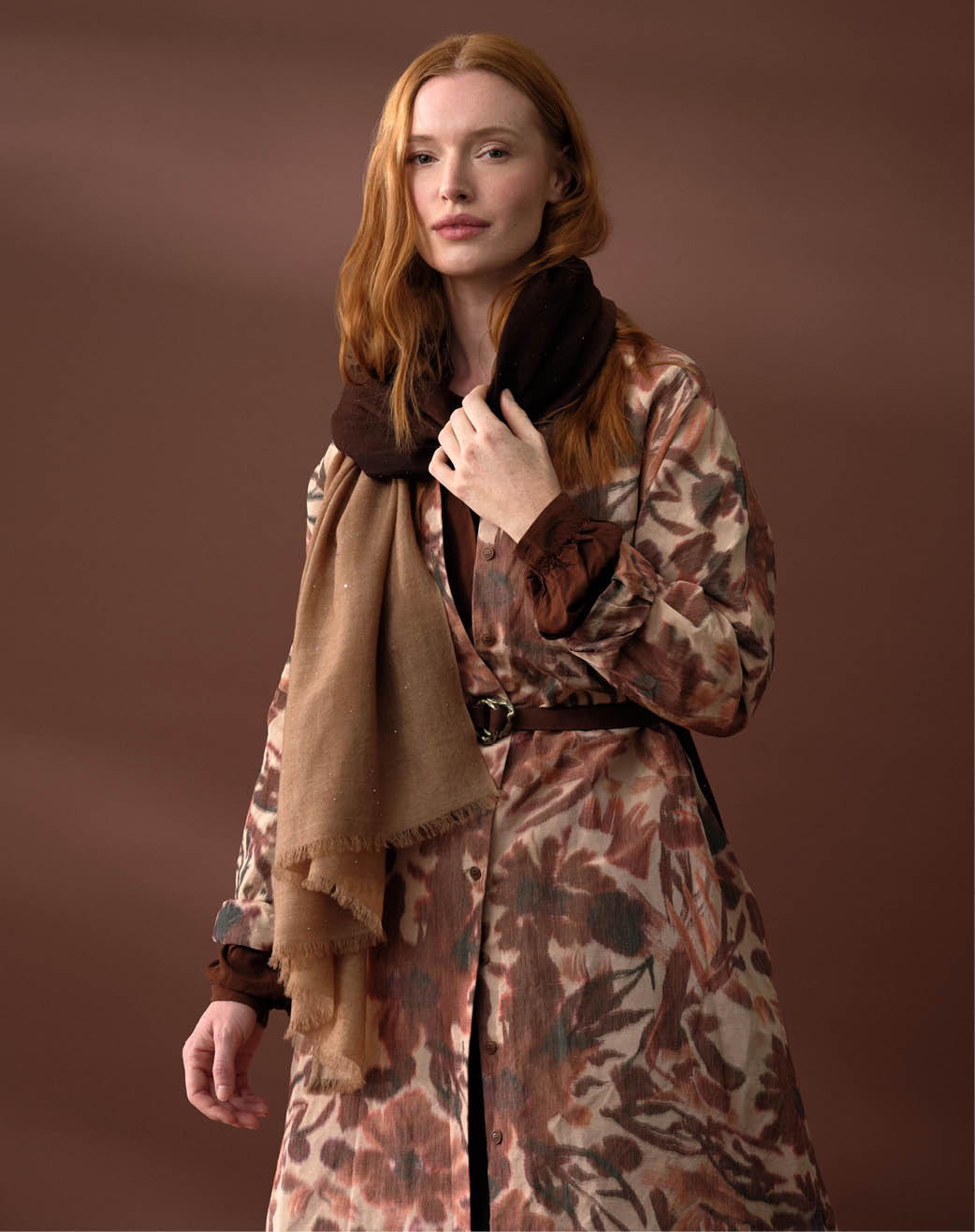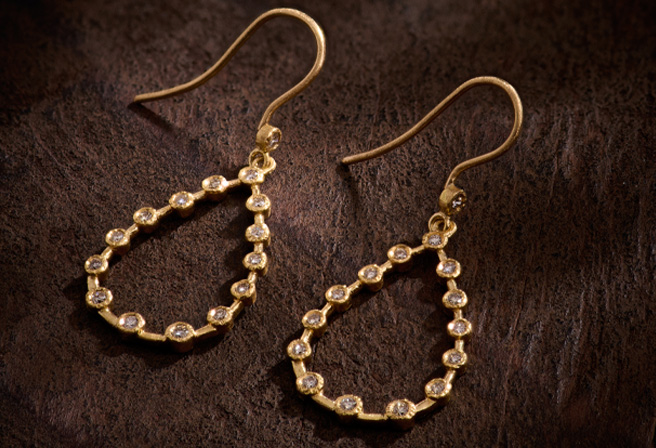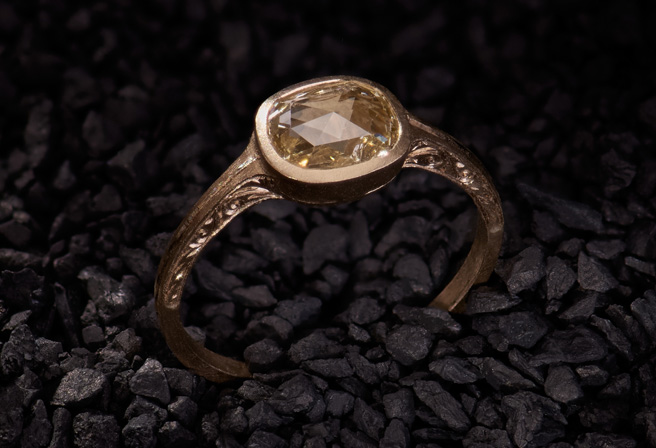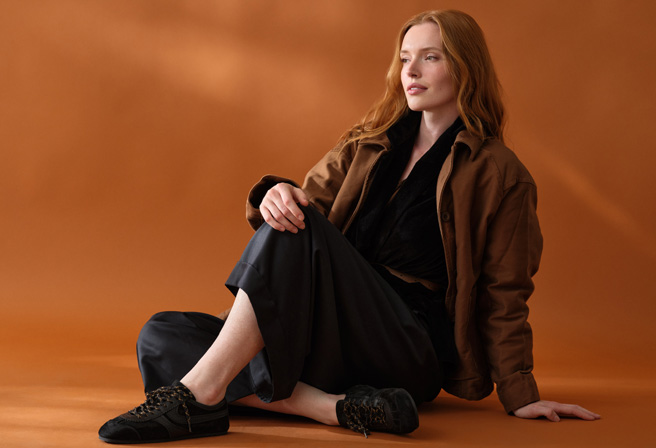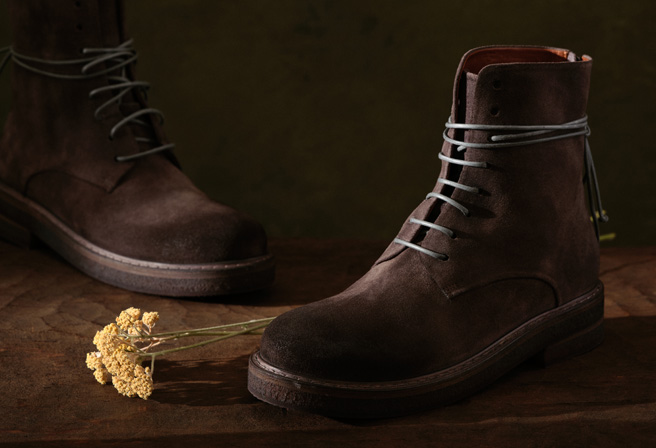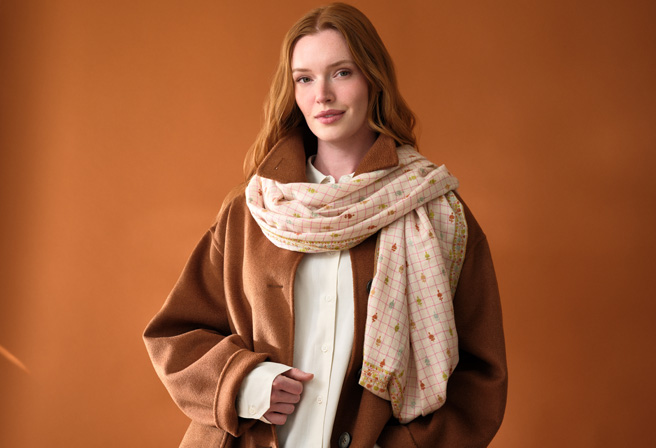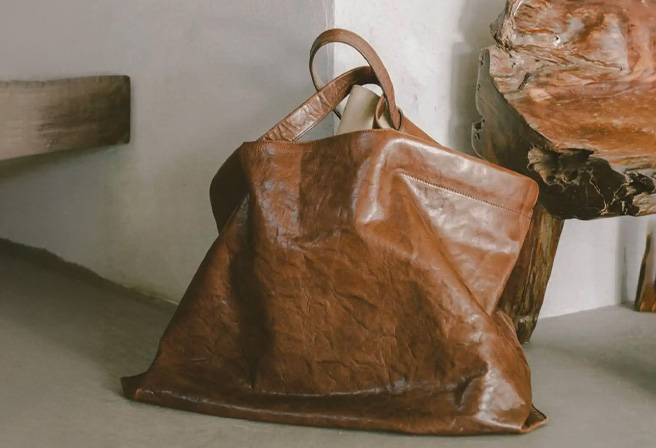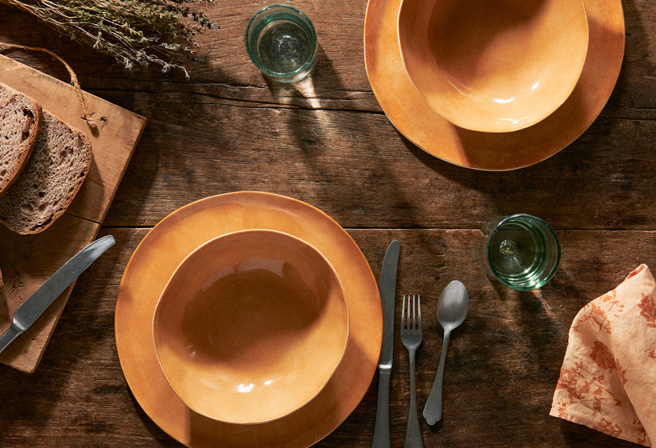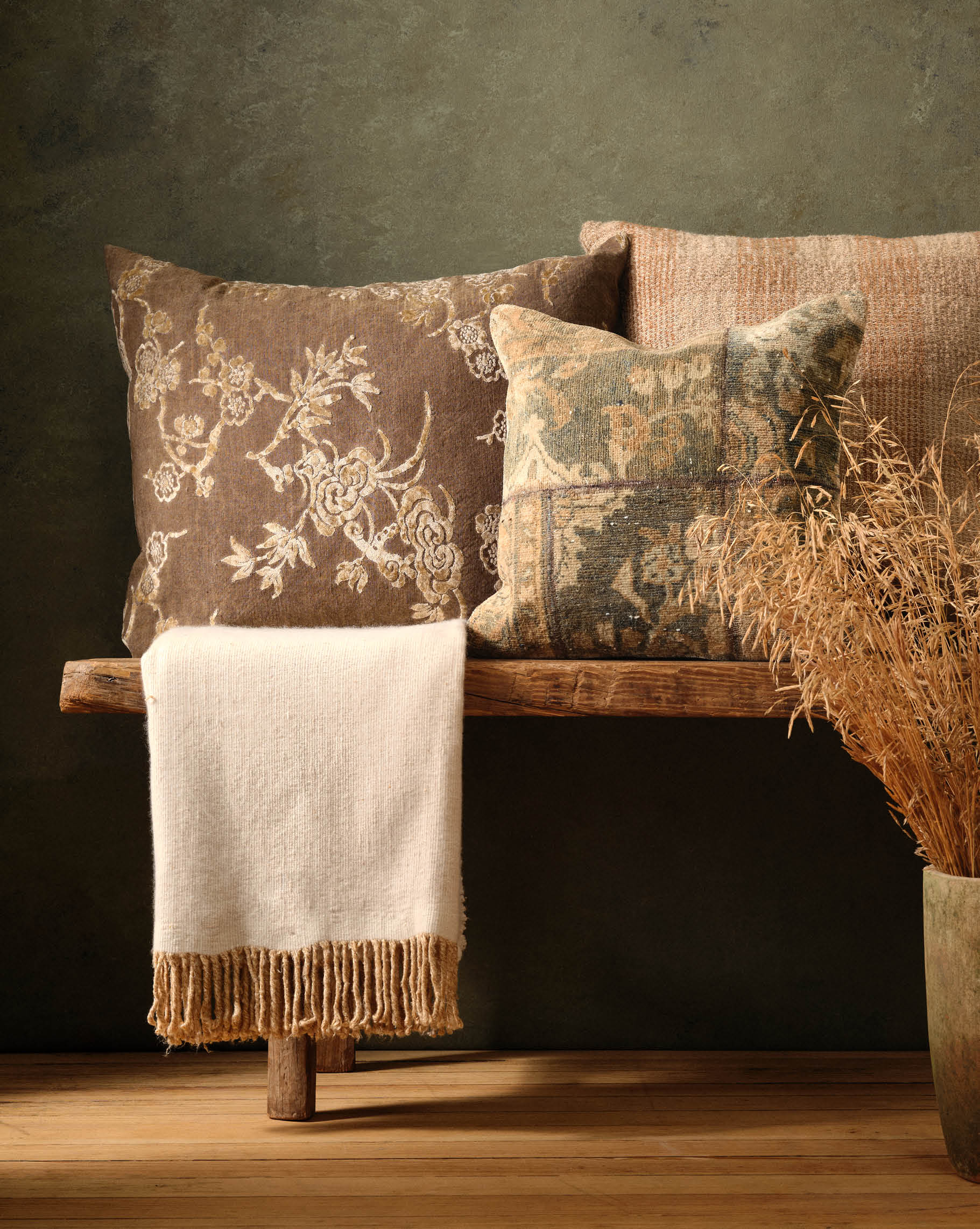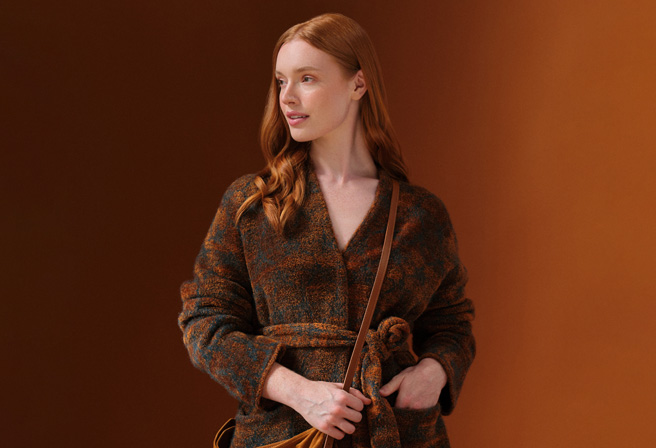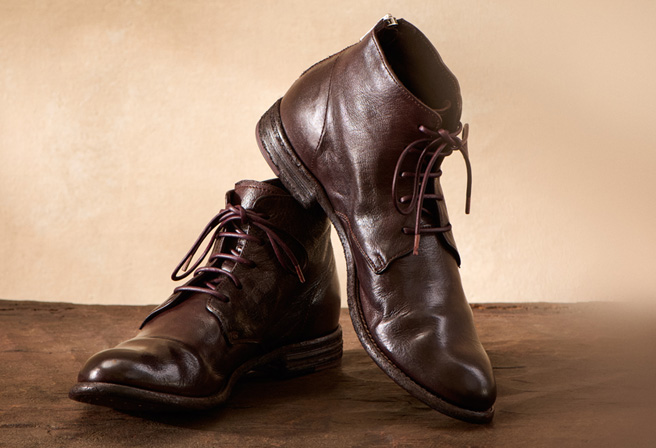The designer who wants to change the way you think about clothes.
Evan Kinori mentions Santa Fe Dry Goods as an outpost of pleasure and for a particular way of thinking and shopping that is not only more “sustainable” but also more beautiful.

Evan Kinori at his exhibition at JDJ Gallery in Manhattan, featuring his clothing and furniture. (Makeda Sandford for The Washington Post)
The ultimate takeaway from Kinori’s show is that our relationship to desire — to wanting clothes, to seeking them out, to keeping them — is broken. Many Kinori customers talk about the system that his clothing inhabits, how it all looks so good together and changes so infrequently, making it easier to get dressed but also, in the beauty of its design and execution, offers continual pleasure.
Kinori is not the only figure in fashion with this philosophy, though he is one of its most outspoken. Stoffa, Casey Casey, Paul Harnden and Lauren Manoogian also take an obsessively alternative approach to making and marketing clothes — a category often referred to as slow fashion. Stores like Worthwhile in Charleston, S.C., C’H’C’M in New York, Santa Fe Dry Goods in New Mexico and Reliquary in San Francisco (which was the first store to carry Kinori’s clothes) function almost as outposts for this way of thinking and shopping. Many of these names have flown under the radar for years, though its wearers often run the risk of fetishizing them.
